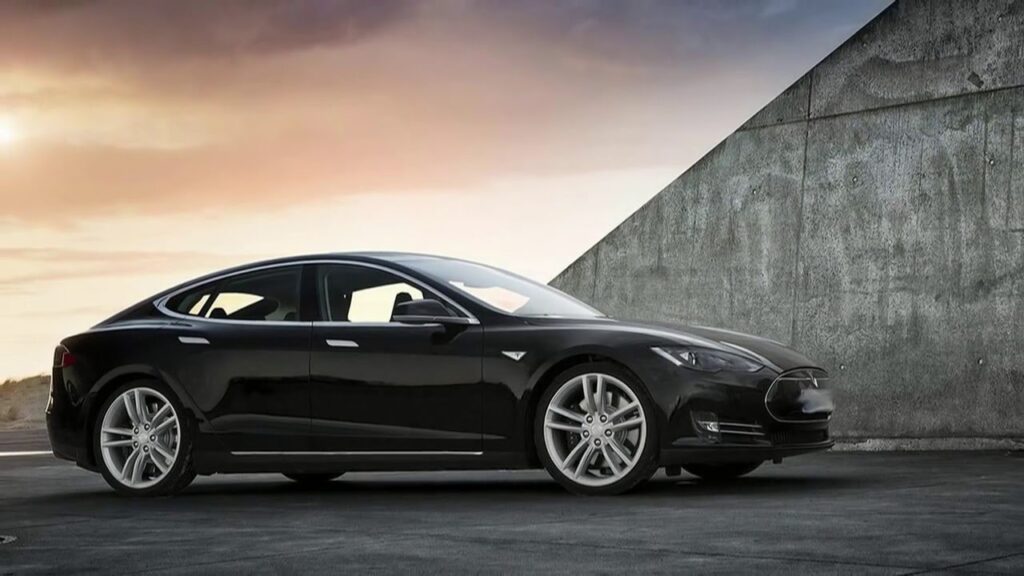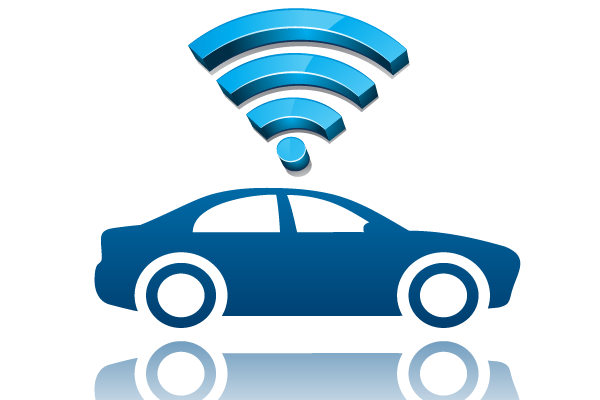One of the scourges of the modern British motorist is the evil that is ‘cash for crash’ scams. For the innocent victim it can be traumatic and expensive. The behaviour of these criminals is one of the reasons that insurance premiums go up. This is the economic reality. Now, thanks to the very latest automotive technology, there is good reason to hope that ‘cash for crash’ could well be a thing of the past.
Here’s just one example of how connected cars can resolve a dispute. Recently, a man driving a state-of-the-art electric car crashed into a building. He insisted he was not at fault and that the vehicle had suddenly accelerated on its own. Much to his dismay the company were able to show that the driver was in fact very much to blame. The vehicle was constantly connected to the manufacturer via the internet, just as driverless cars will be, and the company was able to prove that the driver was at fault. Moral: You can’t cheat the system.
That is why the future is looking good for road safety. Connected cars are with us now and it seems like every week the science of driverless vehicles moves forward. That’s good for drivers and good for car insurance premiums too.
Everyone Makes Mistakes
Of course, everyone makes mistakes; the trouble comes when drivers try to cover them up or fraudulently take advantage. With automotive autonomy rushing towards us from the future and thanks to this latest technology, hiding what really happened in any kind of car accident could soon become just about impossible. This does not mean that a motor policy as we know it now is a thing of the past; far from it.
Someone will have to pay in the event of a shunt. It will do you no good to throw up your helpless hands (although you could do that in a driverless car ironically) and say, ‘Nothing to do with me Officer, the car was driving’. Drivers will still need to ensure that their policy covers all. This is what will bring about the demise of the scammers. If two cars simply can’t hit each other, by braking or shutting down completely, then there’s no profit in it for crooks.
Although cars will become much safer, car insurance will not go away. It will though have to quickly adapt if motorists are to be insured to the hilt when piloting an autonomous vehicle. In this year’s Queen’s Speech, the Government announced the first steps in law to help insurers get to grips with this new automotive technology.
By utilising the increased quantity and availability of data available from all driverless vehicles, insurers will be able to accurately assess the risk of policyholders thus reducing fraudulent claims. Autonomous vehicles should mean that insurers will be able to get a more comprehensive and detailed picture of risk.
This in turn will bring hope to motorists when it comes to premiums. There will be no point in trying to pull the wool over insurers’ eyes. Connected cars will prove that honesty really is the best policy – and the best for policies – and you can be certain that companies who are leading the pack when it comes to driverless car insurance will be well aware of this at renewal time.
The technology that is already available and fitted to our motors now can stop cars from having a low speed encounter. The time is not far off when it will be impossible for autonomous cars to collide. Another traffic menace defeated. This can only be good for insurance premiums.
Semi-Autonomous Vehicles
More than half the cars sold in the last year have featured some form of semi-autonomous kit. Automatic braking and self-parking spring to mind. If car buyers can get to grips with hands-off parking then it isn’t so much of a stretch to put a car in auto-pilot mode and let go of the wheel.
Companies like Volvo and Tesla, plus the surprise addition to the vehicle ranks from the likes of Google and Uber, are pushing driverless technology right to the cutting edge. Volvo has announced it will start to test semi-autonomous cars on public roads in London as soon as next year, with the hope of testing fully autonomous cars by 2018.

Improvements in safety and autonomous technology have led to a lower fatality rate in motoring accidents. The likelihood of a driver dying in a crash in one of the latest models is falling and Volvo have confidently stated that soon no one will die in one of their motors. The year 2020 is being touted as the date when everything will change and the car insurance industry must be ready for it.
If a car is self-driving, who will be at fault? That’s the long-standing question that needs to be definitively answered. There have been discussions around the idea that the manufacturer should be liable but this must surely depend on the degree of autonomy.
It seems unlikely, for now at least, that drivers will not have some form of manual override. If the technology that presently exists, as mentioned at the start of this article, is deployed then driverless cars, which by their nature must be connected to the internet, will be able to record the actions leading up to the accident in much the same way that the ‘black box’ works in aircraft.
When a road traffic accident occurs and the driver has control then that’s where the blame lies unless attributed to the other party. If the car has total automatic control and the driver is distracted by one of the many pastimes being suggested then the technology is culpable. In any event, the driver will still need some form of third party and personal cover. Vehicle theft is unlikely to disappear overnight either. If these cars can learn to drive themselves, perhaps they will learn to defend themselves as well.
Driverless Policies
So the car insurance industry must and will change but it will not be going away. These futuristic motors may be on the way but for many years to come they will have to share the roads with less intelligent cars that won’t be seeing what the driverless car sees. Somehow or other, hopefully with support from government agencies, insurance companies have got to pick their way through the minefield.
There is only one certainty amongst all the uncertainty. In the decades to come car insurers are going to have to follow developments very closely and adapt to the brave new world of autonomous driving. The same goes for car owners too. If technology is your thing and you can’t wait to get your hands on, or indeed off, a car of the future then you have got to take a long hard look at your car insurance. Scammers beware, autonomous cars are coming – take cover!

